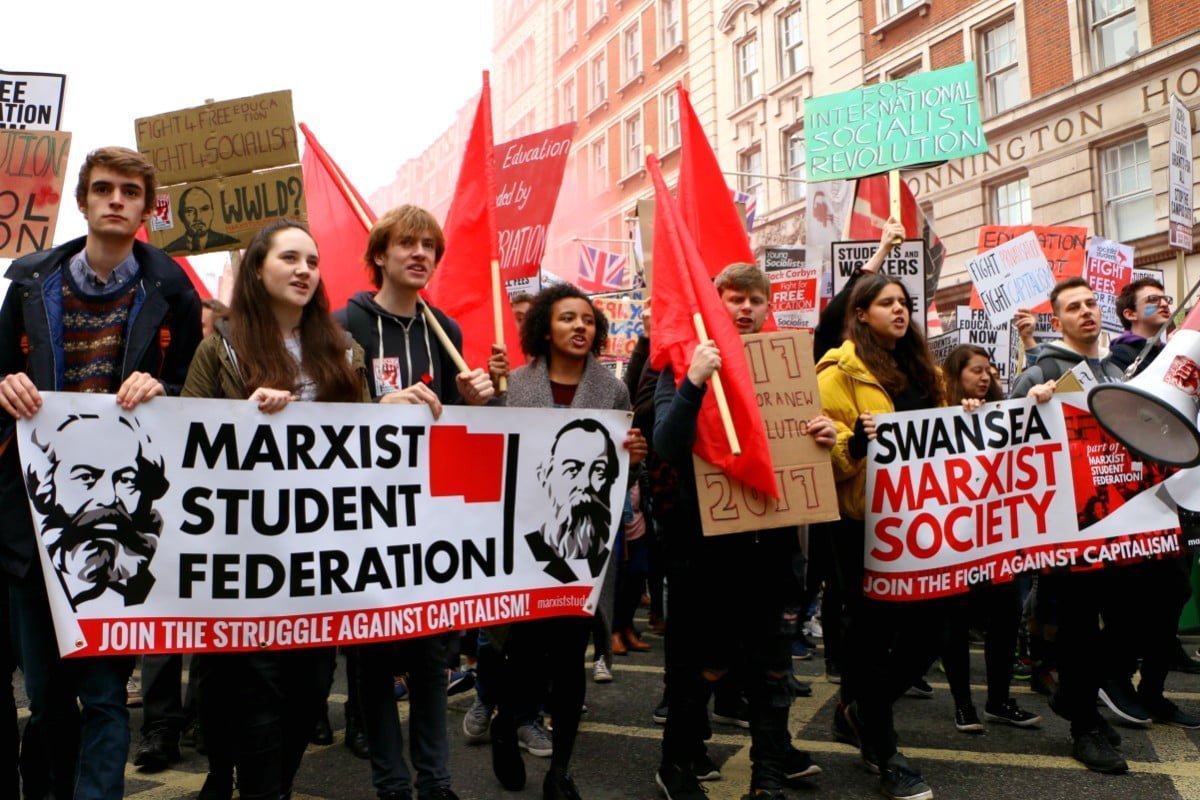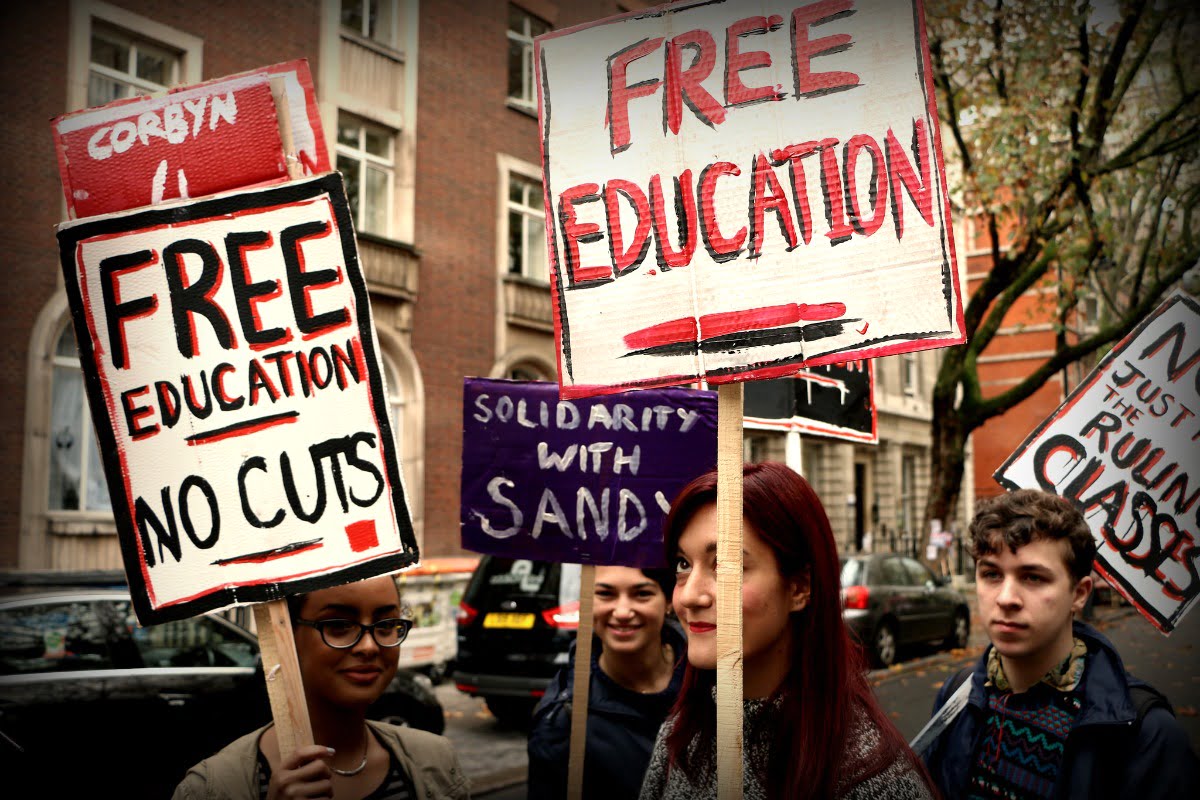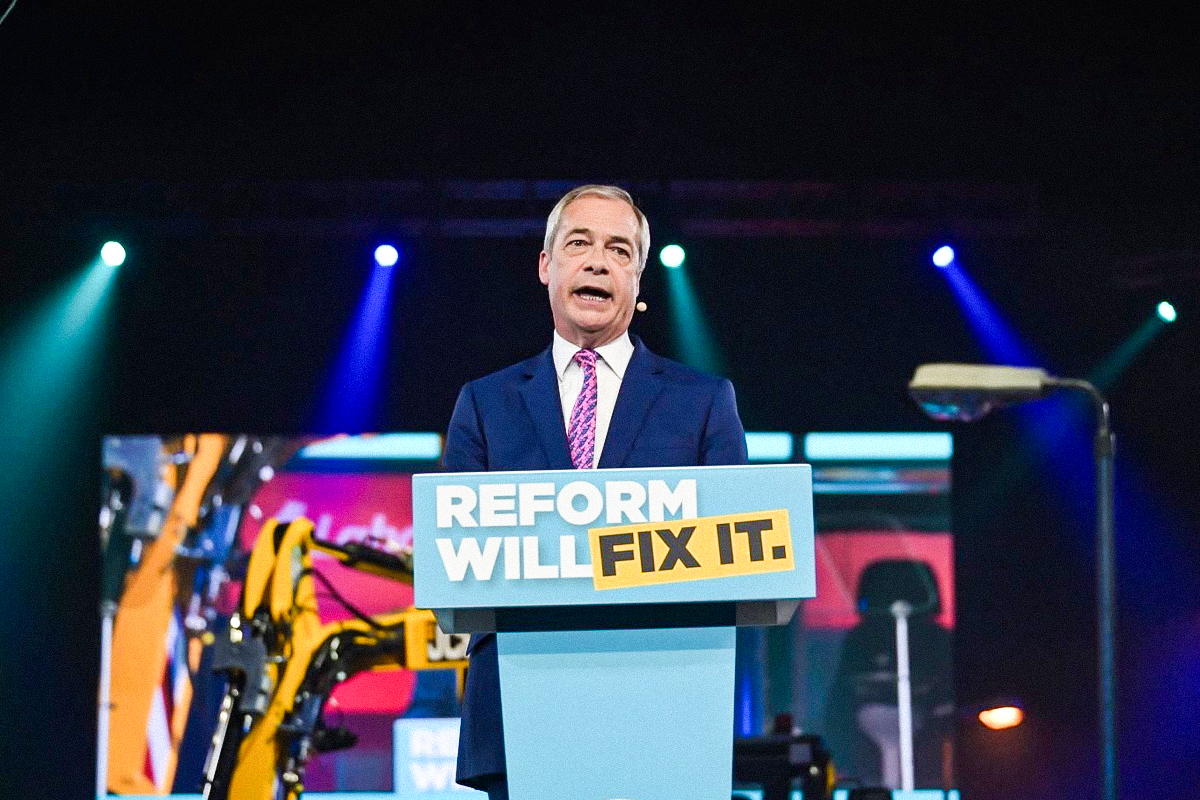Higher education is increasingly being run like a business. But the education market is failing, with students seeing rising fees and the government facing the prospect of unpaid student debts. Fiona Lali discusses the crisis engulfing the higher education system in Tory austerity Britain.
Higher education is run like a business. And like any business, under capitalism this means universities are in competition for consumers: students.
Moreover, like all other commodities in the market, the consumers have little say over the quality of the product. A degree has largely become a necessity for young people (graduates earn, on average, 42% more than non-graduates), who often have no choice but to go to university.
Tuition fees are higher than ever before. Classroom sizes are increasing. And teacher-student relationships are failing. Today, a typical student is set to leave university with £50,000 in debt. Yet only 32% of higher education students consider that their course offers value for money, according to figures from the National Audit Office.
Things are equally fraught for staff, burdened with casualisation, precarious contracts, and late payments. At the same time, university chancellors – who contribute nothing to the development and wellbeing of the educational experience for students – are given six-figure salaries.
Not only is education run like a business, but it is a failing, deteriorating bankrupt one at that. The Department for Business, Innovation and Skills has reported that it expects 45% of loans given to fee-paying students not to be repaid. Once this number reaches 48%, the gains to the Exchequer of the higher (£9,000) fees are wiped out.
Essentially, the government will yield less income than they would have received under the old £3,000 per year model. Economically they are losing out.
This clearly demonstrates the contradictions facing higher education within capitalism. The immense debt that hangs over the heads of students not only induces and exacerbates severe mental health issues, but it also pushes students out of higher education altogether.
The system lets students slip through the cracks, with little follow up or care to understand where or why they might be failing.
Students with depression. Students with anxiety. Students who can’t afford textbooks. Students who have been taught that their only worth is the bank cheque that they give to the university.
And for those who get through? What’s left for them in the job market other than a lifetime of insecurity and stress? The system is supposed to educate people in order to work jobs – but it is failing, not only to educate, but to provide the jobs too.
The system is broken – we need a revolution
 In the Communist Manifesto Marx writes:
In the Communist Manifesto Marx writes:
“The bourgeoisie has stripped of its halo every occupation hitherto honoured and looked up to with reverent awe. It has converted the physician, the lawyer, the priest, the poet, the man of science into its paid labourers.”
We see this same process with higher education: the ultimate bastion of bourgeois culture being reduced to a mere business for profit.
This is a failed model. But it is not specific to education. Education is but one essential sector that capitalism cannot support or provide for. Elsewhere, we see the same in our health services, and with the housing crisis also.
We are governed by an elite who will not invest where they see no profit. This means we will not have free education or a functioning NHS as long as we are stuck with this crisis-ridden capitalist system.
Our only chance at a free and fair society is for students to join forces with the organised working class and take control of society. All the gains of the past are under attack. It is only on the basis of a socialist alternative, where the economy is run for the needs of the many, that education will be freed from the cold grip of profit and the market.






